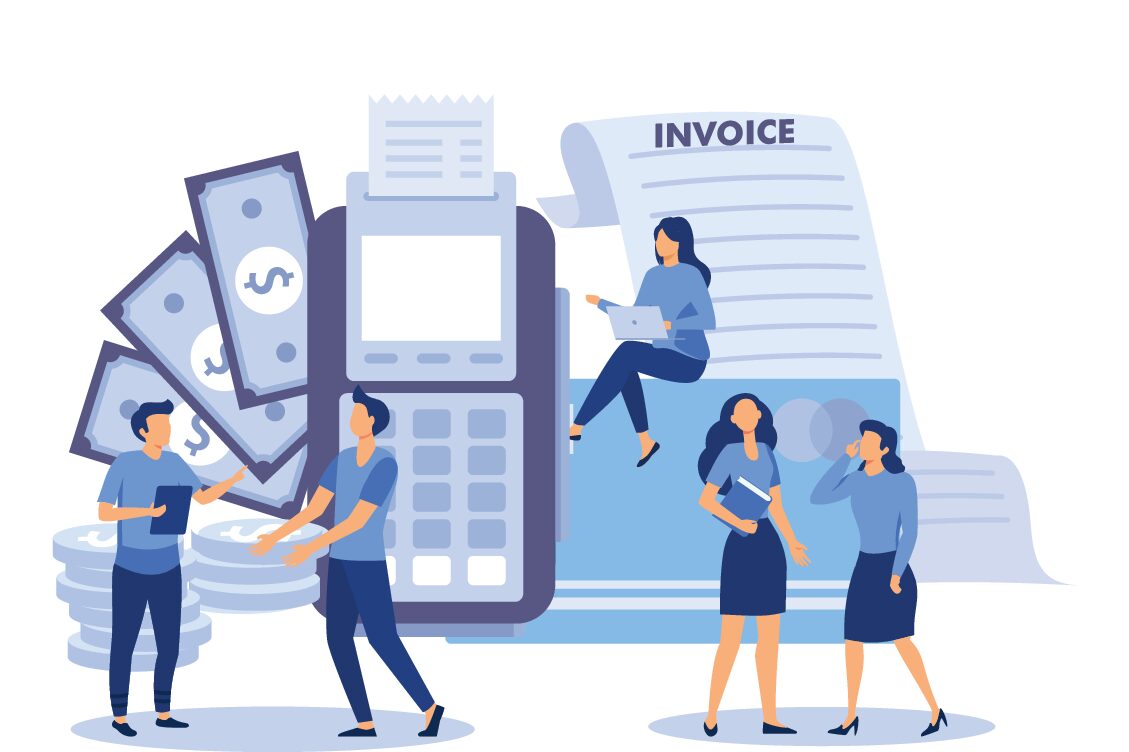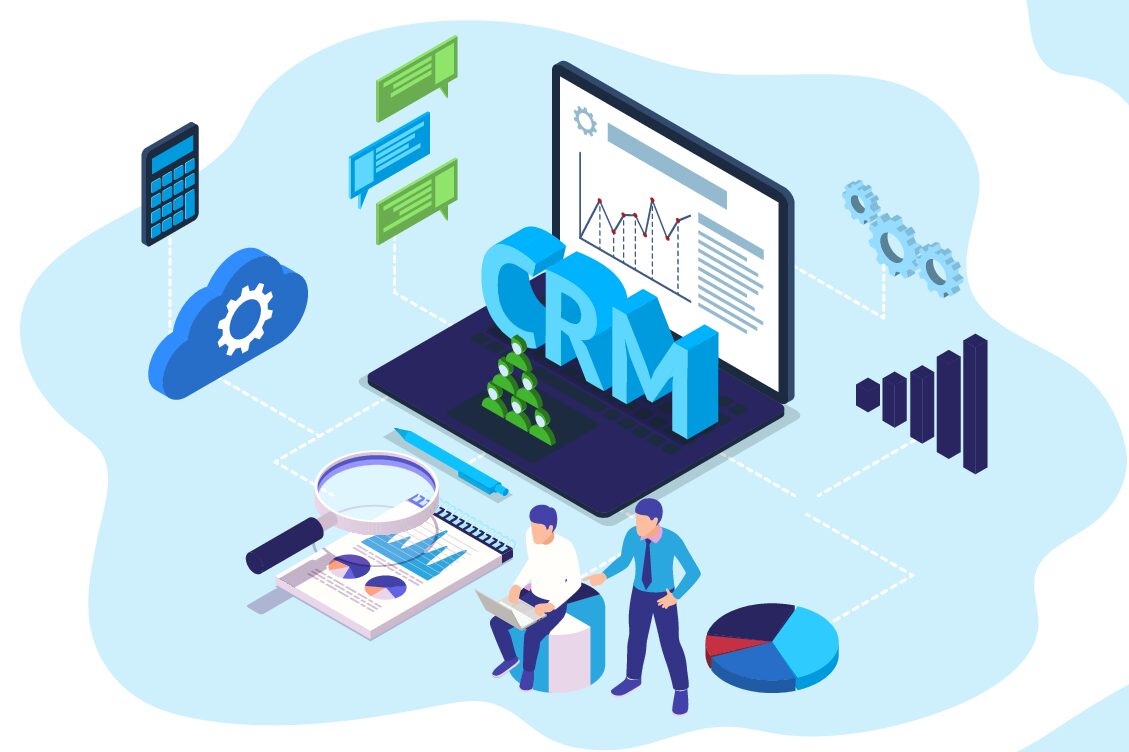There is a billing revolution brewing, as law firm managers discover the value in offering fixed fees for specific services, instead of automatically defaulting to the billable hour. Many product-based industries began embracing these innovative pricing measures years ago. But attorneys and other professional service providers have been slow to get on board, continuously offering their services for cost instead of value.
Benefits of Fixed Fee Billing
The driving forces
The billable hour has been a staple of legal practice for generations. Lawyers set an hourly rate and bill the client as work is completed on the matter. But this type of billing arrangement can prove challenging for the client, as well as the attorney. Hourly billing requires minutely accurate timekeeping procedures and the provision of a regular billing statement to each and every client. The process eventually becomes tedious and far from enjoyable. In response, attorneys often procrastinate and fail to log their billable hours in an adequate manner.
From the client’s perspective, billable hours come with a significant amount of uncertainty. There is always an underlying concern that the firm will send an incredibly large bill at the conclusion of the matter, or demand a higher retainer in the middle of a matter. This financial risk creates tension between the attorney and the client, undermining the professional relationship. In response to this dissatisfaction, clients are increasingly requesting flat fee arrangements. They appreciate the certainty of receiving the total cost up front, with no surprises or added expenses on the back end.
Attorney pros and cons
Fixed fee arrangements do not only benefit clients. Though there has been a general unwillingness throughout the legal industry, many attorneys do understand the value of this billing method and would happily use it more often if it weren’t for one looming concern.
While hourly billing creates uncertainty for clients, fixed fee billing can create uncertainty for attorneys. These arrangements lock the firm into a set price, even if the amount of work ultimately outweighs the amount of compensation. This can create a highly undesirable situation where the practice is expending more hours and receiving less pay. However, this does not have to be the outcome. Lack of adequate pay often results from blindly offering a fixed fee arrangement without a real understanding about the time and effort that the matter will truly require.
The Best of Both Worlds
By implementing Legal Project Management (LPM) into your firm, your attorneys can enjoy the benefits of both payment arrangements. LPM allows firm managers to gain a comprehensive view of the matter and all that is needed to complete it efficiently, which allows for a quote that is well thought-out and conclusive of all necessary time and effort. When implemented with the right legal billing software, LPM provides firms with the tools to build profits and still meet client needs.
TimeSolv offers legal billing software that compliments project planning. With a variety of reporting options, your firm can calculate the profitability of various types of matters and make knowledgeable determinations about appropriate fixed fee amounts for similar future projects. With this strategy, compensation is based on the value, rather than cost.
TimeSolv recently explored how Legal Project Management can increase law practice revenues.
Download our white paper to learn more ways that LPM and TimeSolv can increase your firm’s profitability.


















